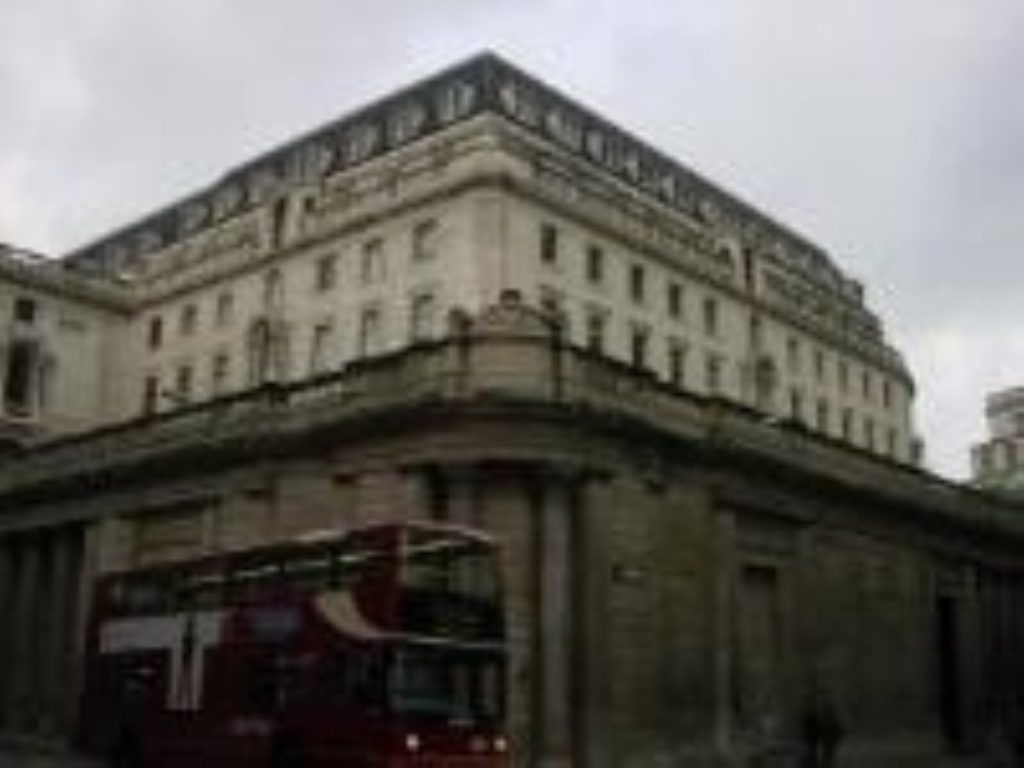Bank of England faces tough interest rate decision
The Bank of England’s Monetary Policy Committee (MPC) faces a tough decision on Thursday when it announces its decision on interest rates at midday.
Most analysts believe that there is a real chance that the MPC will decide to raise interest rates to combat the escalating levels of consumer debt.
Figures released by the Confederation of British (CBI) yesterday showed that spending on the high street grew at its fastest rate since April 2002.
The strong high street performance was mirrored by a survey by the Chartered Institute of Purchasing and Supply, also released yesterday. The figures showed that the manufacturing index for October was up for the fourth month running, taking activity to its highest level since December 1999.


Interest rates have stood at the 48-year low of 3.5 per cent since July when the Bank of England decided to make a precautionary cut to counter the poor global economic outlook.
However, recent figures have shown an upturn in global demand increasing activity and pressure on the Bank to reverse the precautionary cut.
Strong retail sales and the performance in the housing market have been driven by low unemployment and consumers’ ability to borrow more and more money. The Bank will be concerned by the trend and may wish to cool consumer borrowing by raising interest rates by 0.25 per cent.
However, the CBI Chief Economic Adviser, Ian McCafferty warned that any signs of a fragile recovery must not be choked off by a series of rate rises.
Mr McCafferty commented: ‘Clearly the pick up in the global economy has strengthened the case for a reversal of the precautionary cut made by the Bank in July, which was intended to give the UK some insurance in case the global economy took a further turn for the worse.
‘But the recent recovery in the wider UK economy is in its early stages and is still fragile. The Bank needs to ensure that it does not damage business confidence with a series of quick rate rises. The MPC must make clear that in the coming months it will not choke off a recovery that has still not fully taken hold.’
The Bank of England will have to decide whether it wants to control consumer spending by raising interest rates or nurture the fragile recovery in the manufacturing sector which had been hit by nearly two years of recession.

